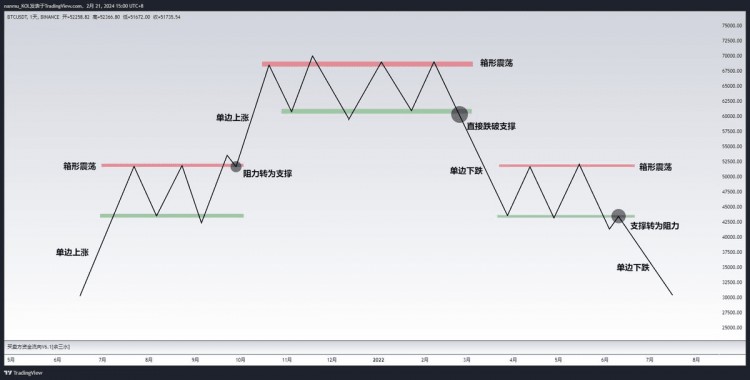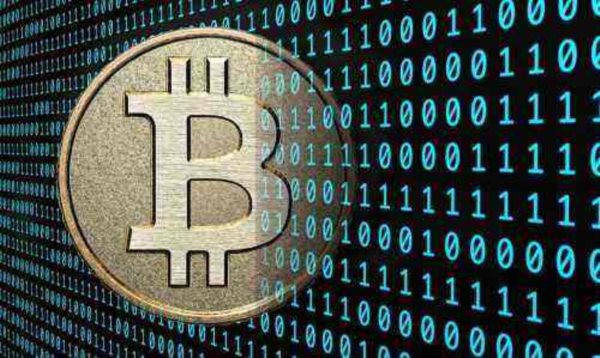时间:2024-02-09|浏览:1489

用戶喜愛的交易所

已有账号登陆后会弹出下载
Option 1: Withdraw funds from exchange currency merchants
Safety: One star ⭐️
Liquidity: Five stars ⭐️⭐️⭐️⭐️⭐️
Loss rate: five stars ⭐️⭐️⭐️⭐️⭐️ (the smaller the loss, the more stars)
When it comes to C2C deposits and withdrawals on exchanges, this is the most commonly used trading method among currency circle people. Whether it is in terms of liquidity or loss, it is impeccable. There will always be someone on the exchange to take your order, so you don’t have to worry about finding a counterparty to trade with, and there is almost no loss.
But the crux of the problem is that you have no way to control whether the money in the hands of exchange currency dealers is black money.
I believe you have heard the stories about friends around you who withdraw money at B'an or Ouy and then their accounts were frozen. Therefore, the safety index is one star⭐️——PASS.
Option 2: Withdraw funds from acquaintances and friends
Safety: Four stars ⭐️⭐️⭐️⭐️
Liquidity: One star⭐️
Loss rate: Five stars ⭐️⭐️⭐️⭐️⭐️
If you choose the method of withdrawing money from acquaintances and friends, as long as you are a trustworthy friend, there is generally no big problem, the security is guaranteed, and the two parties agree on the price and trade directly, there is almost no loss.
But the biggest problem with this approach is how many friends do you really trust? And just when you want to withdraw money, he also wants to deposit money? Therefore, in terms of liquidity, I can only give one star⭐️-PASS.
Option 3: People go to Hong Kong to withdraw money
Safety: Two stars ⭐️⭐️
Liquidity: Five stars ⭐️⭐️⭐️⭐️⭐️
Loss rate: one star⭐️
When people go to Hong Kong to withdraw money, they must first consider whether it is worthwhile to spend so much travel expenses. After all, a trip to Hong Kong costs a lot of money, especially for friends from the northern region. Second, if you go to an exchange shop in Hong Kong to exchange currency, the exchange rate is extremely uneconomical and the losses are extremely high.
And assuming that the amount you pay is relatively large, security is also a problem when bringing so much money in Hong Kong. How to bring so much money back home is another big problem. So overall, this is a very not recommended method - PASS.
Option 4: Overseas bank card withdrawal
Safety: Five stars ⭐️⭐️⭐️⭐️⭐️
Liquidity: Five stars ⭐️⭐️⭐️⭐️⭐️
Loss rate: one star⭐️
There are many overseas bank cards sold in the name of U-cards on the market. To put it simply, you can directly top up U-cards and then withdraw money from domestic ATMs. I took a look at the approximate rates, and they calculated that it’s over 3.2%. Oh, by the way, I haven’t included the cost of buying a card, the cost of maintaining an account every month, and the fixed fee for a single cash withdrawal. .
To sum it up in one sentence - it’s a pure IQ tax, whoever buys it is stupid. I wouldn’t even want this thing if you gave it to me.
Of course, if you use a regular bank card issued in Hong Kong to withdraw cash in China, it is still possible, and the loss is not high, so it can be regarded as one of the options for withdrawing money.
If I have the chance, I will tell you about this issue in a special issue next time. Let me briefly mention it here for now - PASS.
Option 5: Withdraw funds from over-the-counter currency dealers
Safety: Two stars ⭐️⭐️
Liquidity: Five stars ⭐️⭐️⭐️⭐️⭐️
Loss rate: zero stars (extreme loss)
Finally, we reached the part of the plan where we enjoyed the most. Whether it was Liang Xi's battle with Fu Lu Shou at the beginning of the year or the Da Xiha incident that broke out in the past two days, it has been fully demonstrated that no OTC currency dealer is truly safe and reliable.
While saying that the funds are absolutely safe and the frozen card guarantees compensation, all he does is dirty things. There is Zhao Dong in the front and Da Xiha in the back. There is never a shortage of people in the OTC circle to step into the sewing machine, and they are still coming in one after another.
In fact, it is very simple. Think about the principle of currency merchants. They collect coins from people all over the country and sell them to people all over the country. If there is a slight mistake in any link, it will be doomed. The problem is, if you often walk by the river, how can your shoes not get wet?
You know, you paid 6%-8% of the cost for their so-called "freeze card guarantee compensation" promise!
The loss cost is so high, it’s just zero stars, and the safety is not guaranteed, do you still choose to trade with these over-the-counter currency dealers?
After looking at so many options, each has its own shortcomings.
So is there a solution that can simultaneously meet the three major indicators of security, liquidity and low loss?
Today I will give you some popular science.
The ultimate solution for people in the currency circle to deposit and withdraw funds——
It’s an offline promissory note transaction in the same city!
Cashier's check transactions are a more advanced version of offline cash transactions!
If you still don’t understand what a promissory note is, or haven’t heard of it at all, first go to the professor’s first article to catch up on it.
Professor U: All your knowledge about offline OTC is wrong
1 Agree · 0 Comments
In this article, the professor explains in detail the nine advantages of using promissory notes compared to traditional cash transactions.
So next, based on these nine advantages, I will compare the above five traditional withdrawal solutions at the same time, and analyze why this is the perfect deposit and withdrawal solution that we people in the currency circle have been waiting for.
First, the amount is large.
The first feature of the promissory note is that there is no limit on the amount. You can complete a transaction worth 10 million in one day, or add 0, no problem. And there is no need for a banknote detector to verify authenticity, no need to waste time counting, and no need for bodyguard protection. It is so powerful.
Second, the transaction speed is fast.
Although it is not as fast as the currency merchants who can complete the transfer with just one click on the mobile phone, compared with cash transactions, the speed is not even a little faster.
Under normal circumstances, a transaction will not take more than half an hour, which also includes the time for bank check + account entry. If it is purely based on receiving the cashier's check, it only takes one minute.
After all, according to Chinese law, the transaction is completed and the payment has been performed the moment you receive the promissory note. Because this note is irrevocable, non-reportable, and non-cancelable.
Cashier's checks are payable on sight and will not be reported as lost. They can be redeemed on the spot. --Baidu Encyclopedia
Third, safety is high.
Cashier's check, bank transfer, no one dares to forge (forgery is punishable by law), it cannot be withdrawn, the card will not be frozen, it is easy to carry, and must be handled by the drawer at the counter (not many idiot fraudsters are stupid enough to go to the counter to handle it) business) and related transactions involving promissory notes are protected by the Negotiable Instruments Law of the People's Republic of China.
As long as you make sure that the person you are transacting with is the same person as the drawer of the promissory note, the money you receive is absolutely safe. No matter what happens, as a bona fide third party, you will still have the Negotiable Instruments Law of the People's Republic of China to protect you.
Fourth, no loss.
Finally we have reached the loss link that we are most concerned about.
Offline promissory note transactions in the same city, point-to-point transactions, legal currency funds directly from the buyer to the seller's account, without any intermediate currency dealer links.
Ordinary people like us usually only withdraw money once, twice, three or five times a year. It is impossible for the flow of funds in the account to be as frequent and huge as that of currency dealers, and it will not be affected by banks and banks like currency dealers. Focus on the anti-money laundering department of the People's Bank of China.
The lower the transaction flow, the safer the account. The more transaction flow, the more dangerous the account. Who knows if there is a problem with your money? Such a simple truth, don’t you think?
Moreover, in this peer-to-peer trading model, because there is no middleman to make the difference, the price is negotiated by the two parties themselves, and the loss is completely negligible, which is approximately zero loss.
Combining the above points, we can derive the intra-city promissory note transaction model:









